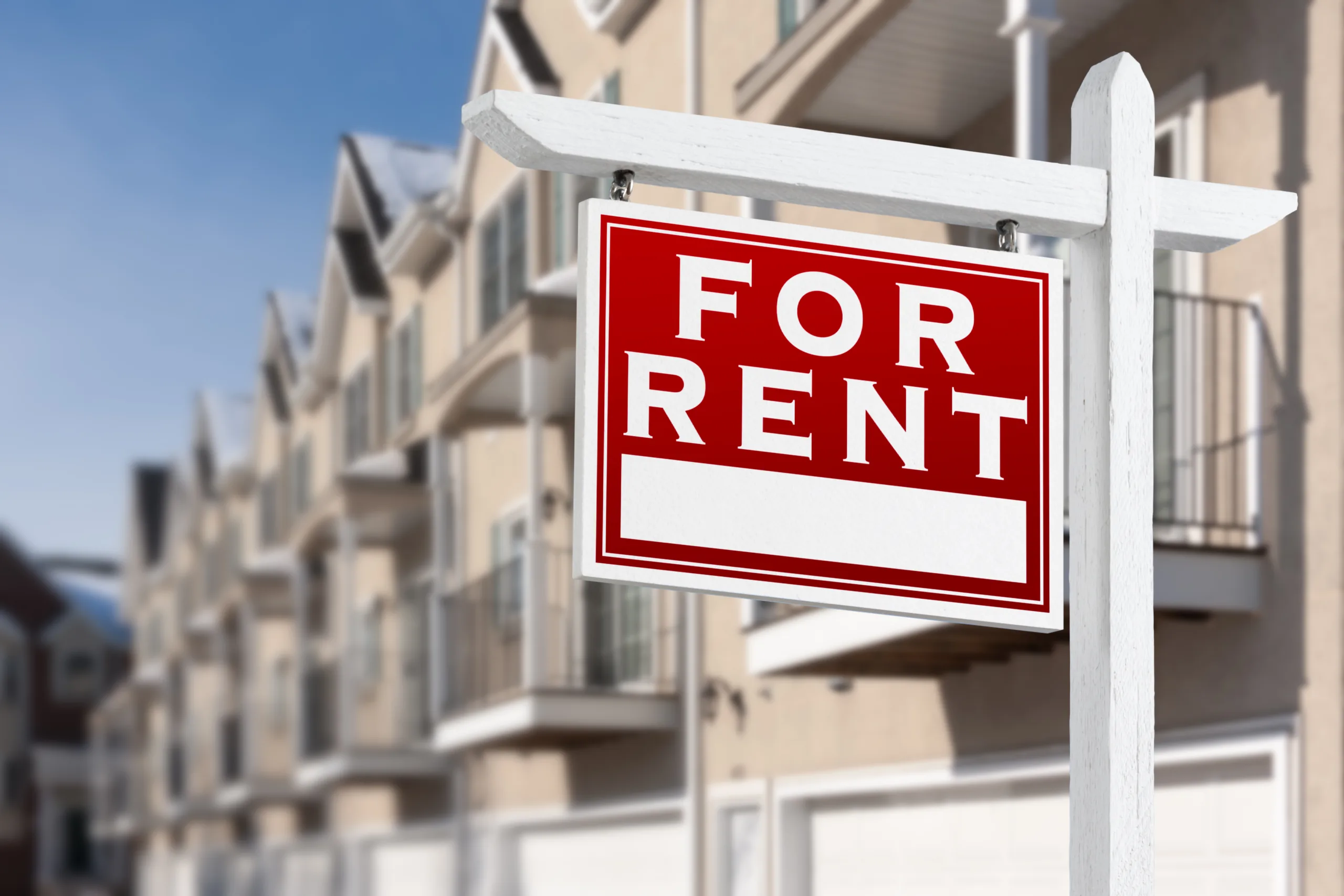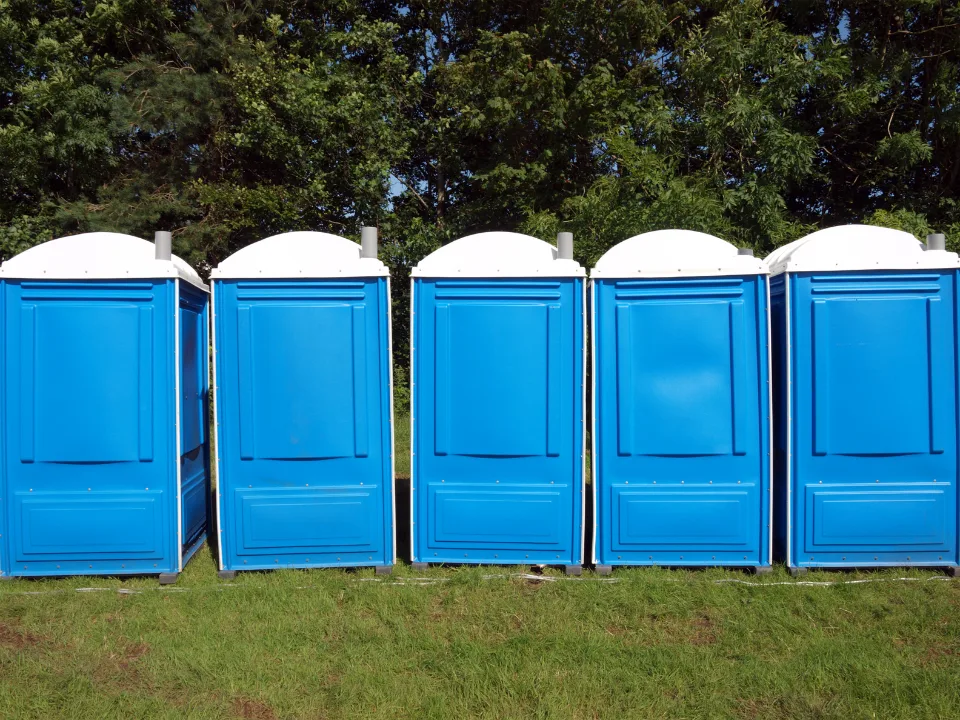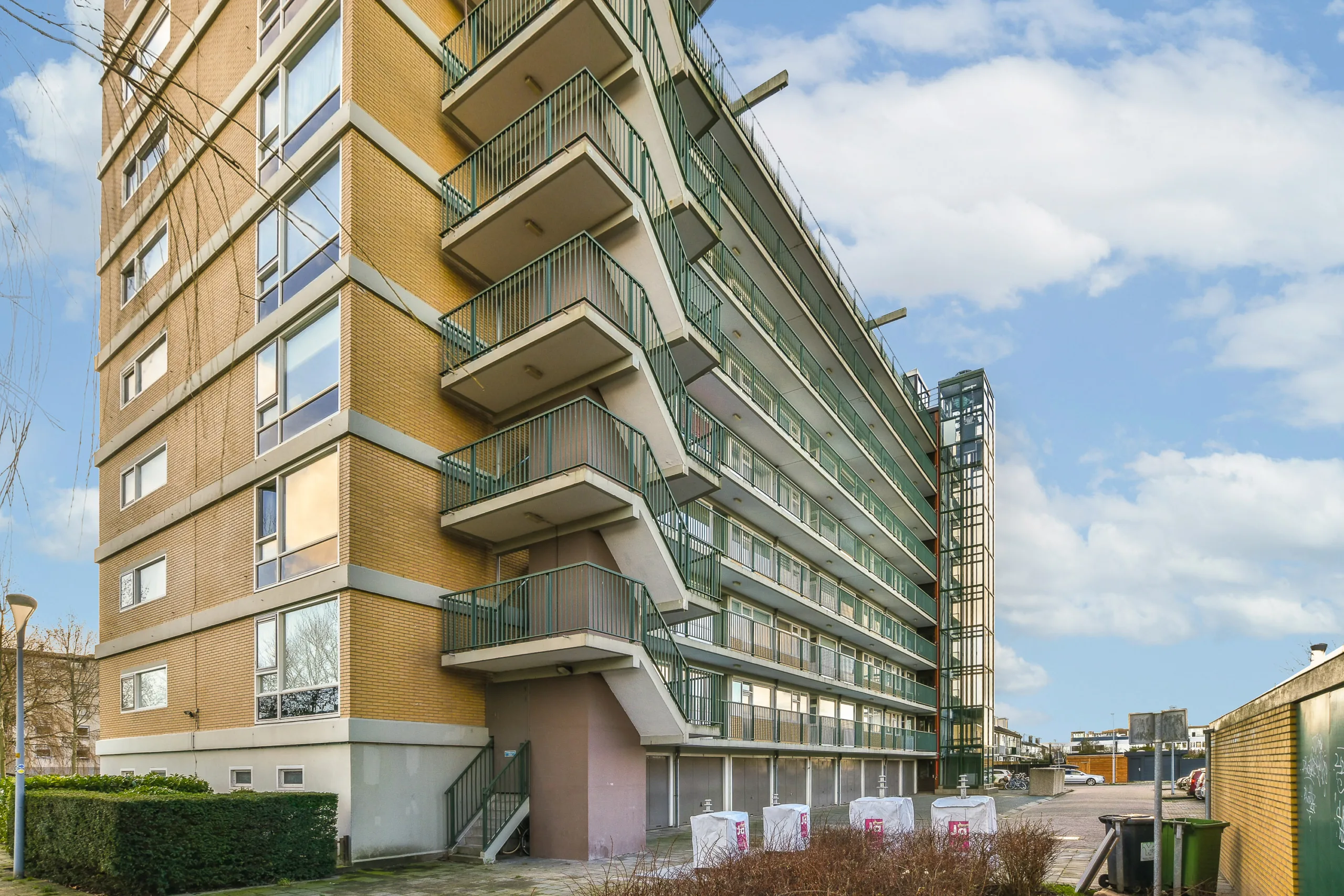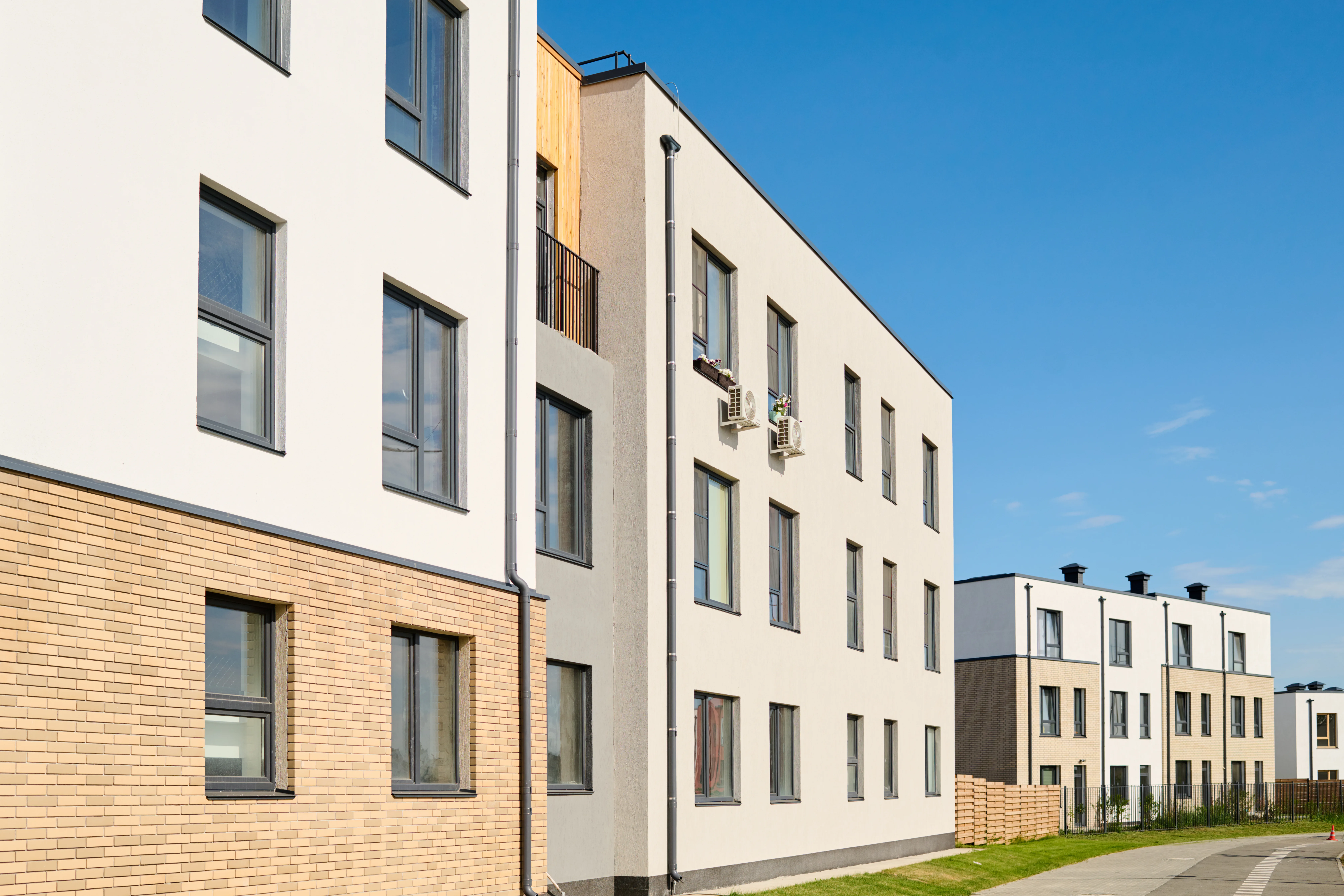- Trump’s bill gives US real estate a boost through tax breaks and expanded Opportunity Zones.
- It cuts green building incentives and ESG frameworks, exposing properties to long-term risks.
- The law weakens support for renewables, which could give China a global edge in clean tech.
A Mixed Win for Real Estate
According to IPE, President Trump’s “big, beautiful bill” is changing the game for US real estate. It delivers clear tax benefits and encourages investment—especially through the expansion of Opportunity Zones. But it also weakens environmental standards and removes key ESG support.
What the Bill Offers CRE
The law expands Opportunity Zones and low-income housing tax credits. This move brings more capital into urban areas and affordable housing. Owners can now fully expense qualified property improvements, which improves cash flow.
The bill also keeps the 20% pass-through deduction, 1031 exchanges, and carried interest rules. Lucienne Mosquera, CEO of SustainCRE, says these changes “cement the legal and tax foundations” of US commercial real estate.
Get Smarter about what matters in CRE
Stay ahead of trends in commercial real estate with CRE Daily – the free newsletter delivering everything you need to start your day in just 5-minutes
Sustainability Takes a Back Seat
While the bill rewards development, it drops federal incentives for energy upgrades. It also removes ESG and resilience rules, even within Opportunity Zones, leaving buildings more exposed to climate and regulatory risks.
Mosquera warns that the bill promotes short-term thinking. Properties that lack ESG features may lose value, especially as more global investors adopt climate risk rules.
Clean Energy Rollbacks Help China
The bill also hurts clean energy. It cuts tax credits that support solar, wind, and battery production. Gas, nuclear, and grid systems will likely see more support instead.
Industry groups say this move will slow US energy progress. Jason Grumet of the American Clean Power Association calls the bill “a step backward.” He warns it could raise energy costs and reduce grid stability.
Stan Miranda from the True North Institute says the bill “hands over future clean technologies to China.” He points out that China already leads in solar panels, wind power, and electric vehicles.
Global Investors May Look Elsewhere
These policy changes could shift real estate investment away from the U.S. Many large funds must follow climate risk rules, and with fewer green incentives, U.S. assets may no longer meet their standards. While expanded Opportunity Zones may attract capital domestically, the lack of environmental safeguards could deter ESG-driven investors.
Europe and Asia-Pacific, especially Japan, may benefit if ESG-focused capital looks for alternatives.
What Comes Next
Congress will review infrastructure programs this fall. There’s still a chance to bring back private investment incentives. But unless lawmakers restore climate-friendly policies, global investors may keep moving their money elsewhere.
Bottom Line
Trump’s bill boosts US real estate in the short term. But by cutting green and ESG policies, it may create bigger risks down the road—and shift global capital away from the US.

















